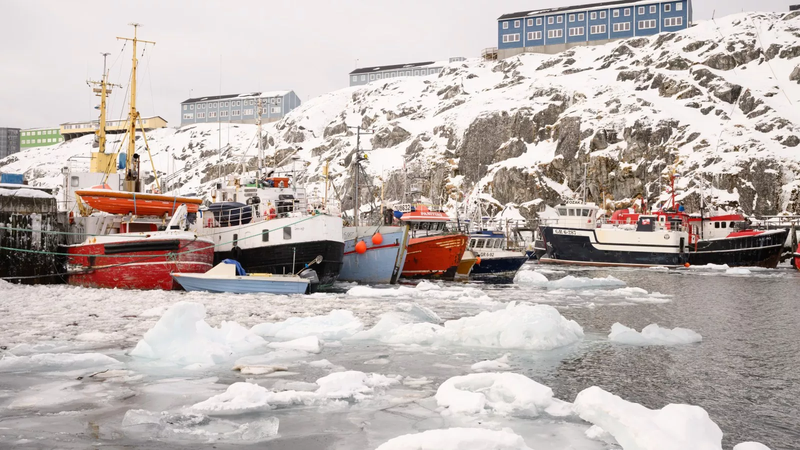
Greenland has just granted a 30-year mining permit to a Danish-French consortium, Greenland Anorthosite Mining (GAM), allowing it to extract a rare mineral—anorthosite—that is crucial for aluminum production. This decision is not only a diplomatic signal to Europe’s rising economic role in the Arctic, but a direct rebuff to President Donald Trump’s long-standing interest in acquiring or investing in the mineral-rich island.
While headlines frame this as a political snub to Trump and the United States, the real concern for American interests should lie elsewhere: China.
China has been expanding its Arctic influence quietly but steadily, branding itself a “near-Arctic state” and embedding itself into strategic infrastructure and resource projects across the region. The U.S. fixation on diplomatic prestige—like “buying Greenland”—has left room for Beijing to pursue a longer, more calculated game: control over rare minerals, shipping routes, and critical supply chains.
Greenland’s new deal with European firms shows the island’s willingness to engage with serious investors who commit to environmental standards and infrastructure development. Meanwhile, despite American rhetoric, no meaningful U.S. investment has materialized. According to Greenland’s Mineral Resources Minister Naaja Nathanielsen, U.S. delegations have visited but brought “no concrete investment.”
This is where China has already outmaneuvered Washington. While the Trump and Biden administrations have failed to secure meaningful partnerships in Greenland, China has invested in Arctic research stations, built polar-class vessels, and sought mining contracts for rare earth minerals in the broader Arctic region. The Chinese state-owned Shenghe Resources even held a stake in Greenland’s now-suspended Kvanefjeld rare earth project, underscoring Beijing’s readiness to capitalize on mineral dependencies that Western countries are just waking up to.
As the Arctic melts and opens new opportunities, the real threat is not that the U.S. was outbid by Europe—it’s that America continues to be distracted while China quietly lays the groundwork for economic and strategic dominance in the polar frontier.
Greenland is not just a frozen outpost; it’s a geopolitical pivot with enormous stakes for energy, technology, and security. The aluminum and rare earth materials beneath its surface will shape the production of fighter jets, electric vehicles, satellites, and AI infrastructure—all industries at the heart of the 21st-century power struggle.
U.S. lawmakers should stop treating Greenland as a vanity project and start engaging with it as a strategic partner. That means offering real, transparent investments—not grandstanding about ownership or control. It also means working closely with allies in Denmark and the EU to ensure that Arctic development is not ceded to authoritarian regimes.
This latest minerals deal may have sidelined American influence for now, but the long game isn’t over. If the U.S. fails to recognize and counter China's Arctic ambitions, the cost won’t just be economic—it will be geopolitical. The battle for the Arctic is already underway. The question is: Is America ready to fight it—or will we let Beijing win without ever firing a shot?